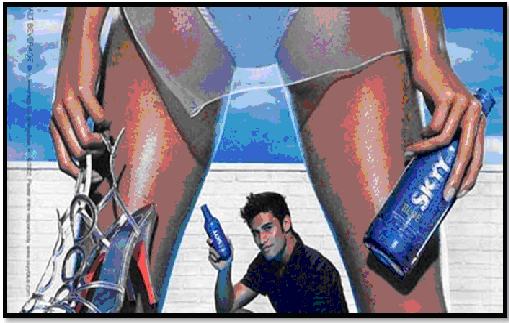Alcohol Harm A Gender Empowerment Issue

International Women’s Day is a chance to celebrate the social, economic, cultural and political achievements of women around the world – often against great odds and all too often remaining invisible.
But women and girls worldwide are change makers and leaders for a better world. Role models are many.
It’s this perspective and understanding that makes us both hopeful and concerned. We are hopeful because we’ve seen considerable progress and vast achievements in gender equality and women empowerment. We are concerned because we also face major challenges not only to the achievements made but also to the health and well being of women and girls in general.
Last September, world leaders adopted 17 Sustainable Development Goals, including SDG5 “Achieve gender equality and empower all women and girls.” The Agenda2030 is a remarkable achievement, holding tremendous potential for sustainable and transformative change.
But there, too, are massive obstacles. Alcohol harm is a crosscutting obstacle to achieving the SDGs, as it negatively impacts 12 out of 17 goals, including SDG5.
Alcohol harm is clearly a Women’s Rights and gender empowerment issue. The world faces three major challenges for achieving gender equality, in the form of three global epidemics: Non-communicable diseases, HIV/AIDS, and Gender-based violence.
Each of these three global epidemics is disproportionately burdening women and girls, especially women in low- and middle-income countries and they have one common risk factor: alcohol use.
Alcohol is one of four major risk factors in the global epidemic that are non-communicable diseases. NCDs are the leading cause of death globally. A staggering 35 million people die every year from NCDs, of which 18 million are women. NCDs represent the biggest threat to women’s health worldwide, increasingly burdening women from developing countries in their most productive years
Secondly, alcohol is also a risk factor in the global epidemic of gender-based violence. Every third woman is subjected to violence at least once during her lifetime. In some parts of the world gender-based violence can be related to alcohol in up to 80% of the cases. And alcohol marketing plays a role in perpetuating prejudices and stereotypes of women; alcohol ads often depict women in de-humanized, sexualized and objectified ways. Alcohol marketing fuels gender-based violence and erodes women empowerment.
And thirdly, alcohol is a risk factor for HIV/AIDS because it increases the likelihood to engage in risky sexual behavior – like unprotected sex, frequent change of partners or violent sex. Alcohol weakens the immune system making it more susceptible for the HI-Virus and it makes adhesion to medication for people who are HIV-positive more difficult. In many aspects of the HIV/AIDS epidemic, women are disproportionately burdened.
It is with this on mind that we urgently encourage and support the world’s governments to apply the tools of high-impact and cost-effective alcohol policy in our joint efforts for women empowerment.
Alcohol policy measures, such as the Three Best Buys of increasing the price, reducing the availability and banning advertising – as described by World Bank, World Health Organization and World Economic Forum (among others) – are crucial tools for harnessing the potential of the Agenda2030 in general and the Gender Equality Goals (SDG5) in particular – including 4 of the targets under SDG5.
The three best buys of alcohol policy can contribute to bring about transformative change for women and girls, in helping to end all forms of discrimination, to eliminate all forms of gender-based violence, and to facilitate women’s full participation in public life.
We have the evidence. We have the political tools. We have societal momentum. Now we need political will and leadership.
What better day is there than International Women’s Day? What better moment in time, only a few days ahead of the 60th Commission on the Status of Women can there be – to stand up, together, for using all tools available for advancing gender equality.
(Picture caption: Alcohol Ads Often Degrade and Debase Women)



